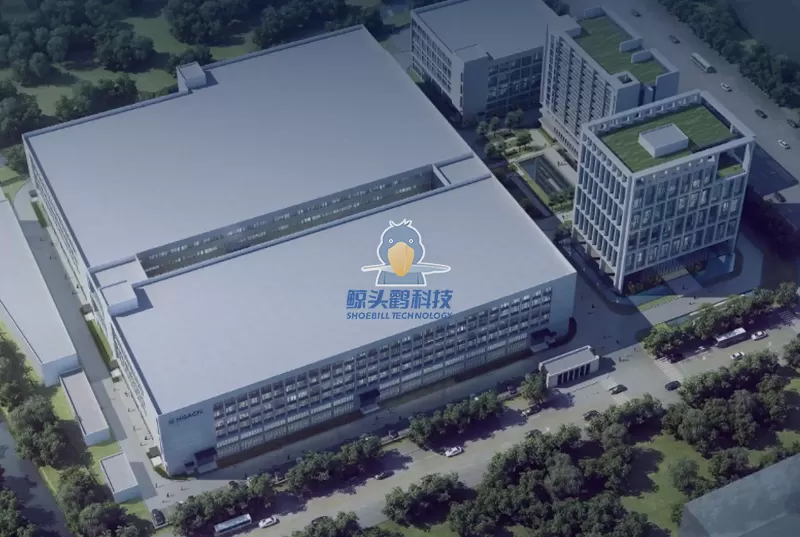In the ever-evolving landscape of entrepreneurship, the notion of a fail-proof business often emerges as a tantalizing ideal. Entrepreneurs and investors alike yearn for a venture that guarantees success, devoid of the risks and uncertainties that typically accompany business operations. However, the reality is that no business model is entirely immune to failure. Instead, the focus should be on creating resilient businesses that can adapt, pivot, and thrive in the face of challenges. This article delves into the characteristics of sustainable business models and strategies that can significantly reduce the likelihood of failure.
Understanding the Concept of Fail-Proof Businesses
The term fail-proof suggests an infallible system, yet in the realm of business, such a concept is misleading. Every industry is subject to market fluctuations, consumer behavior changes, technological advancements, and unforeseen global events. Therefore, rather than seeking a fail-proof business, entrepreneurs should aim for a robust framework that enhances adaptability and resilience.
Key Characteristics of Resilient Businesses
- Market Adaptability: The ability to pivot in response to market demands is crucial. Businesses that continuously monitor industry trends and consumer preferences can adjust their offerings accordingly. For instance, during the COVID-19 pandemic, many restaurants successfully transitioned to delivery and takeout models, demonstrating adaptability in a time of crisis.
- Diverse Revenue Streams: Relying on a single source of income can be perilous. Businesses that diversify their revenue streams—such as offering complementary products or services—are better positioned to weather economic downturns. For example, a fitness studio might expand its offerings to include online classes, merchandise sales, and wellness coaching.
- Strong Customer Relationships: Building and maintaining strong relationships with customers fosters loyalty and repeat business. Engaging with customers through personalized marketing, feedback loops, and community involvement can create a loyal customer base that supports the business during tough times.
- Financial Prudence: Effective financial management is a cornerstone of business resilience. This includes maintaining healthy cash flow, minimizing debt, and having contingency plans in place. Businesses that prioritize financial literacy and strategic planning are more likely to navigate economic challenges successfully.
- Innovation and Continuous Improvement: A commitment to innovation is vital for long-term success. Businesses that invest in research and development, embrace new technologies, and encourage a culture of creativity are more likely to stay ahead of the competition. For instance, companies like Apple and Tesla thrive on their ability to innovate and disrupt markets.
Strategies for Building a Resilient Business
- Conduct Thorough Market Research: Understanding your target market is essential. Regularly conduct market research to identify emerging trends, customer preferences, and potential threats. This information can guide strategic decisions and help you stay ahead of competitors.
- Develop a Strong Business Plan: A well-structured business plan serves as a roadmap for your venture. It should outline your business goals, target audience, marketing strategies, and financial projections. Regularly revisiting and updating your business plan can help you adapt to changing circumstances.
- Invest in Technology: Embracing technology can streamline operations, enhance customer experiences, and improve efficiency. Whether through e-commerce platforms, customer relationship management (CRM) systems, or data analytics tools, leveraging technology can provide a competitive edge.
- Foster a Positive Company Culture: A strong company culture attracts and retains talent, which is essential for growth. Encourage open communication, collaboration, and employee development to create an environment where innovation can flourish.
- Network and Collaborate: Building a network of industry contacts can provide valuable insights and opportunities. Collaborating with other businesses can lead to mutually beneficial partnerships that enhance your market presence.
Conclusion: Embracing the Journey
While the quest for a fail-proof business may be an alluring pursuit, the reality is that success in entrepreneurship requires resilience, adaptability, and strategic foresight. By focusing on building a robust business model that incorporates the characteristics and strategies outlined above, entrepreneurs can significantly mitigate risks and enhance their chances of long-term success. Ultimately, the journey of entrepreneurship is not about avoiding failure but rather about learning, evolving, and thriving in an unpredictable world.






